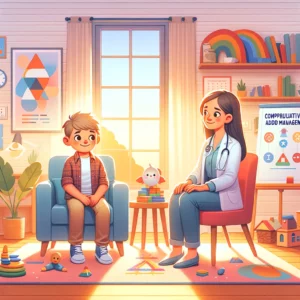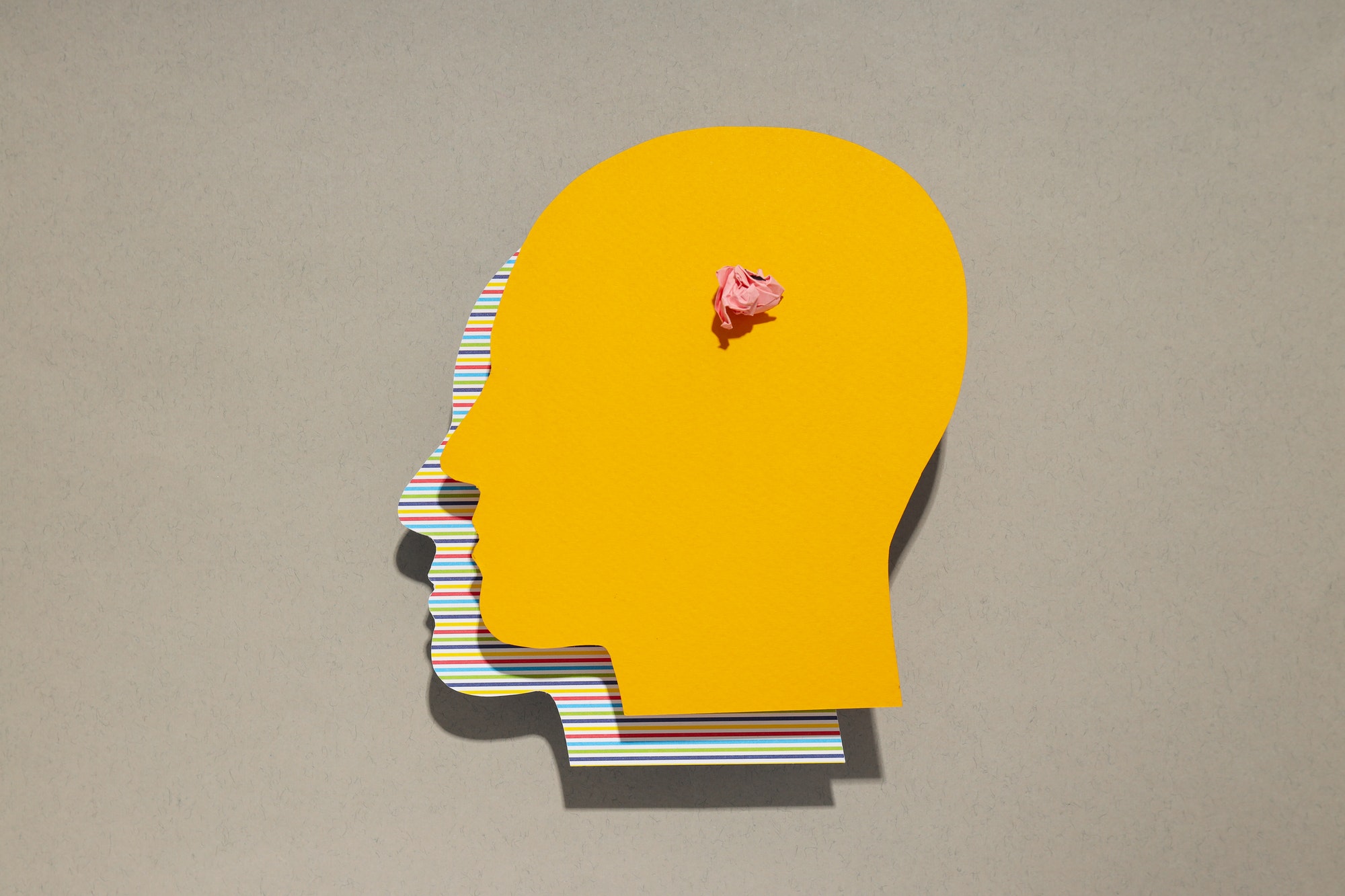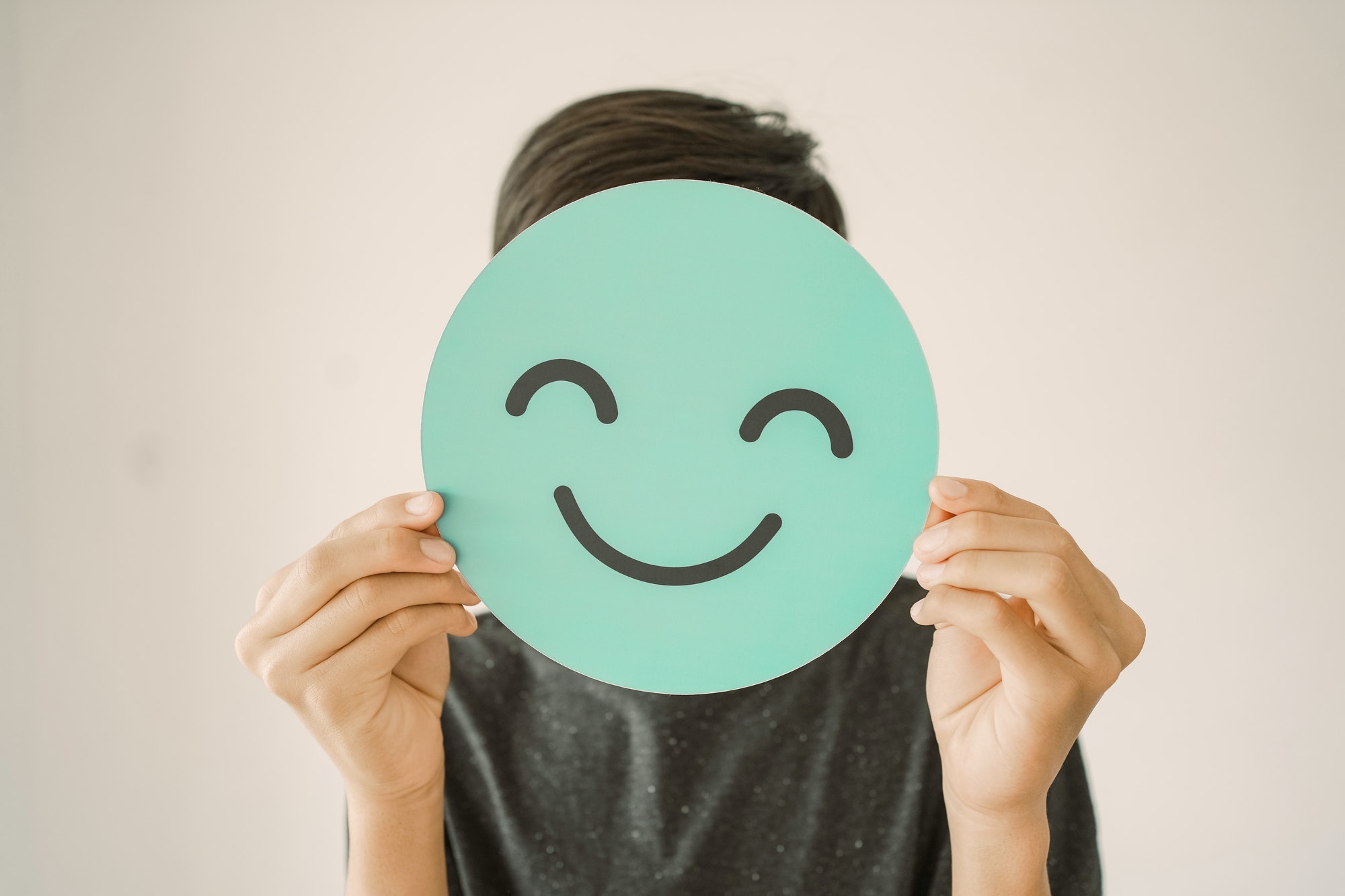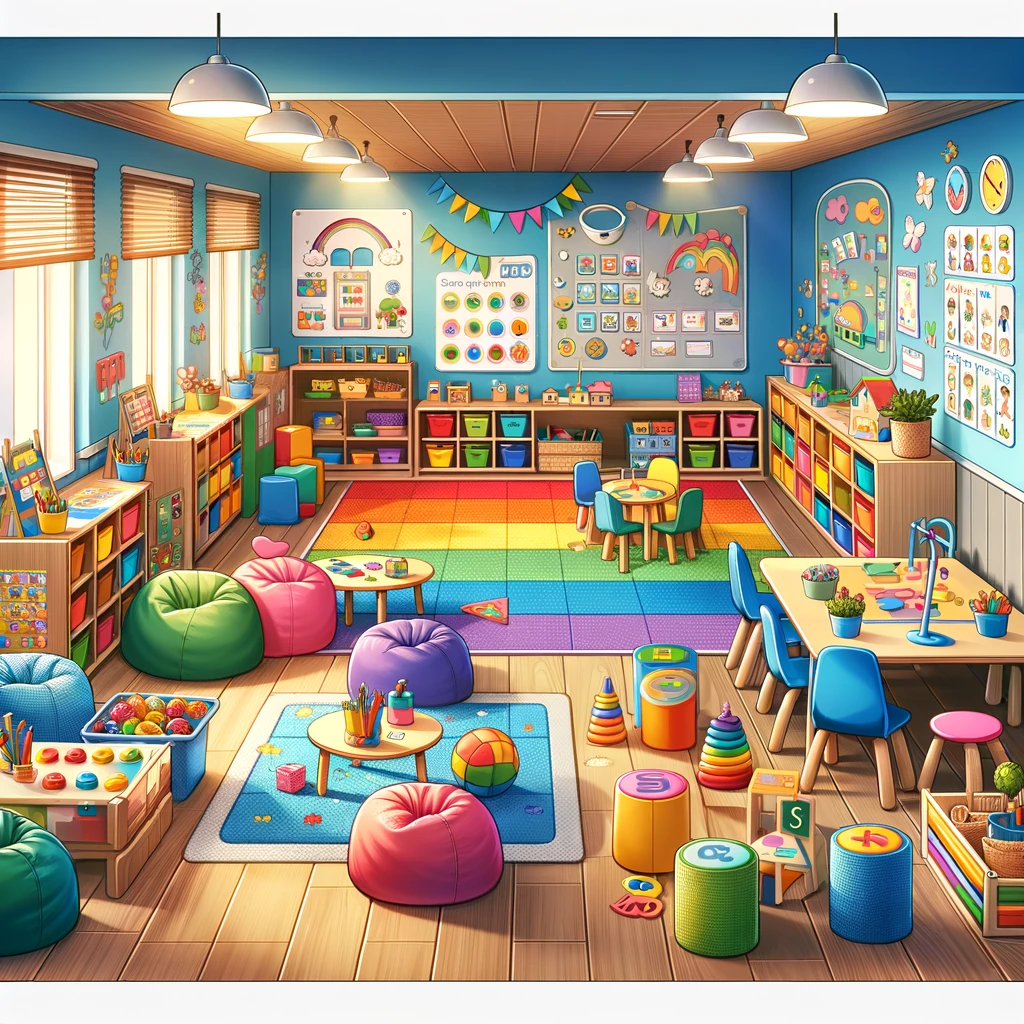Most of us experience various emotions and feelings at different times in life. It’s easy to assume that the two are the same. Emotions and feelings are often used interchangeably, but understanding the difference between the two can help you further develop emotional regulation.
What are Emotions?
Emotions are often defined as brief, intense reactions to a particular stimulus. They are generally automatic, and we don’t have much control over them. For instance, if we hear a loud bang, our immediate emotional response might be fear or surprise. Emotions are biologically-based, meaning that a particular part of our brain triggers them and is often associated with physical sensations.
There are several primary emotions, including joy, sadness, fear, anger, surprise, and disgust. These emotions are often considered universal, as people across cultures and countries experience them.
What are Feelings?
On the other hand, feelings are often described as a longer-lasting, subjective experiences. They are the conscious experience of emotions, and our thoughts, beliefs, and experiences heavily influence them. While emotions are generally automatic and instinctive, feelings are more deliberate and require some degree of introspection.
Feelings are often more nuanced than emotions and are often related to our perception of a particular situation. For instance, we might feel sad after the death of a loved one, but feelings of regret, guilt, or anger might compound our feelings of sadness.
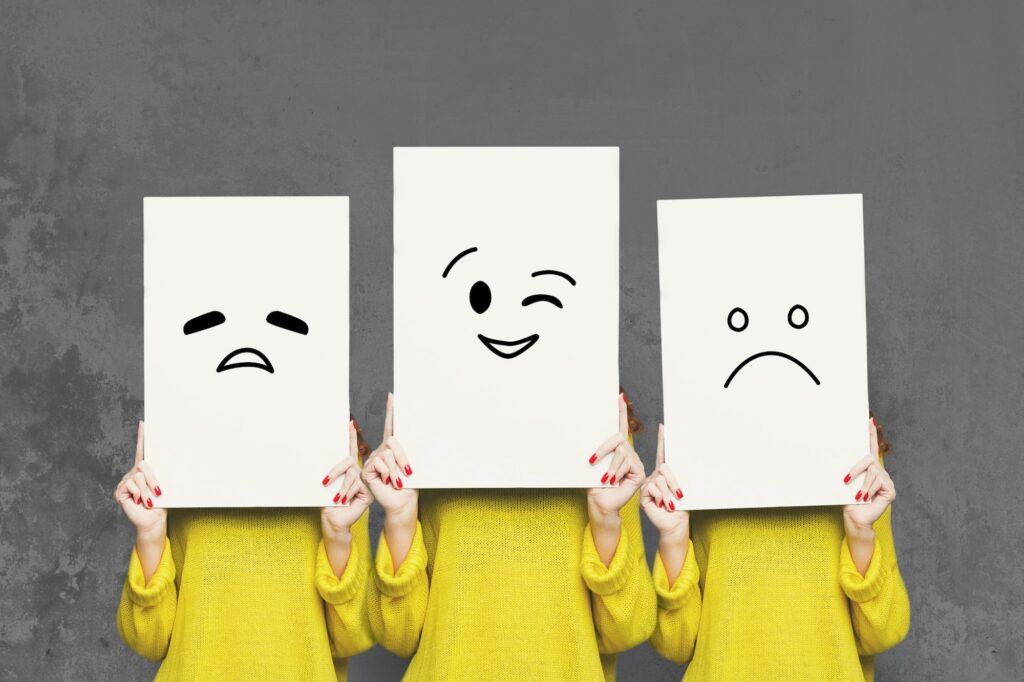
The Relationship between Emotions and Feelings
Emotions and feelings are closely linked, but they are different. Emotions are the automatic, biologically-based response to a particular stimulus, while feelings are the conscious experience of those emotions. However, our feelings can also influence our emotions. For instance, if we are feeling anxious, we might be more likely to experience fear or anger.
Developing Emotional Intelligence
Developing emotional intelligence involves understanding our own emotions and feelings and recognizing and responding to the emotions and feelings of others. It involves developing self-awareness, self-regulation, motivation, empathy, and social skills.
By understanding the difference between emotions and feelings, we can develop a deeper level of emotional intelligence. We can learn to recognize our automatic emotional responses and develop strategies for regulating those emotions. We can also learn to be more introspective and identify our feelings, which can help us to understand our motivations and behaviours.
The importance of Emotional Regulation
Emotional regulation is an essential aspect of emotional intelligence. It involves understanding and controlling our emotional responses to different situations. When we experience an emotion, our body and brain are often triggered in specific ways, leading to physical sensations, thoughts, and behaviours. However, emotional regulation involves learning to manage those responses, so they do not harm our well-being or relationships. This can involve techniques like deep breathing, mindfulness, and cognitive reframing, which can help us to reframe our thoughts and manage our emotions more healthily. Emotional regulation is a skill that can be learned and practiced over time. It can help us to respond more effectively to difficult situations, build stronger relationships with others, and improve our overall emotional well-being.
If you are curious about your emotions or emotional regulation, you may consider assessing your emotional regulation level to evaluate its functioning. STG La Ronge has a free (evidence-based) screener online that you can do right now to understand your emotional regulation level better. So why not complete the screener to determine what supports might be helpful for you? It is a great step to understand your emotions so you can be more honest about your emotions to yourself.







